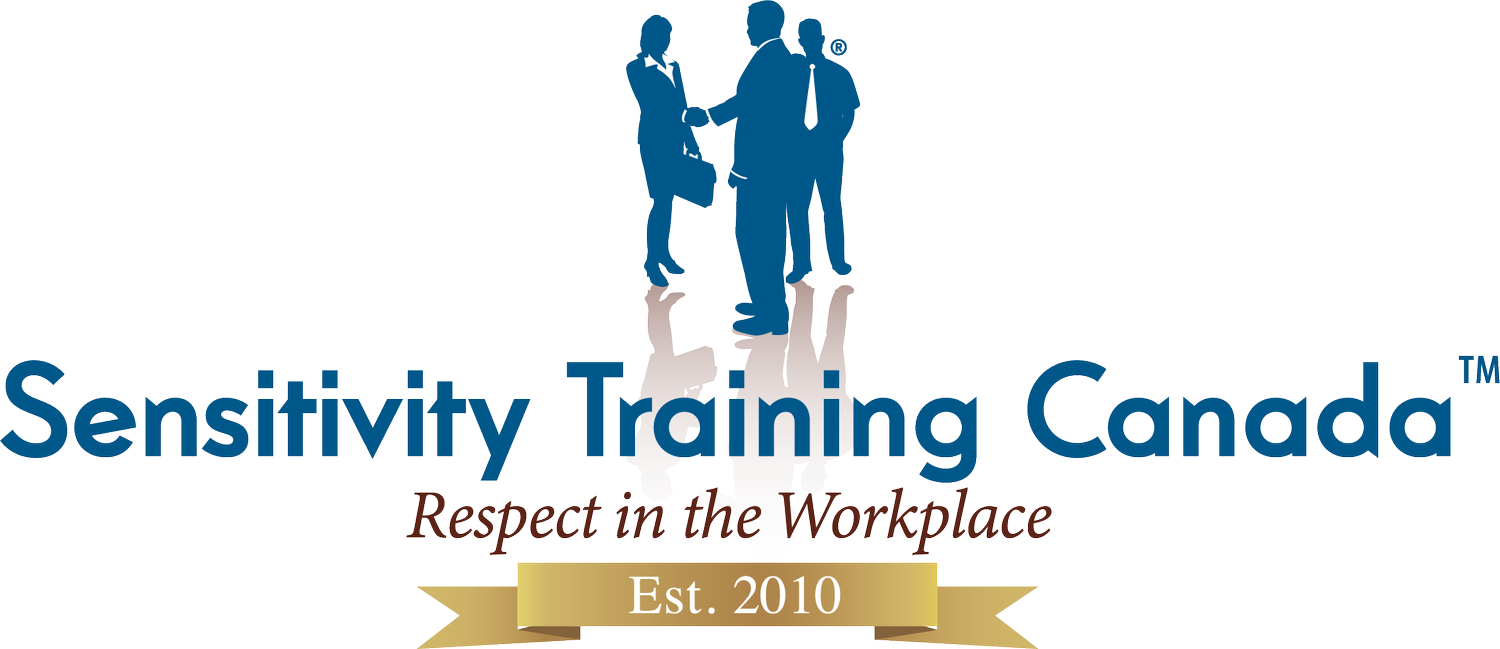The Silent Culture Killers: How Everyday Behaviours Turn into Workplace Bullying
Bullying in the workplace rarely begins with outright aggression. More often, it starts as subtle, unspoken signals, dismissive comments, sarcastic jokes, or passive exclusion of some people from team conversations. These behaviours, when tolerated, set dangerous precedents, thereby allowing disrespectful conduct to become normalized. Over time, these behaviours can snowball into a culture of fear and disengagement, where employees no longer feel safe to voice ideas or concerns.
The hidden cost of unchecked bullying is significant. Studies show that toxic behaviours, even at low levels, lead to decreased productivity, higher turnover rates, and increased stress-related absences.
Employees who experience or witness bullying often feel undervalued and disengaged, which impacts overall team performance. Beyond financial metrics, the long-term damage to an organization’s reputation can also be severe, affecting its ability to attract and retain top talent.
Preventing bullying requires more than a zero-tolerance policy, it requires the organization’s leadership team to model the right behaviours every day. When managers demonstrate consistent respect, listen actively, and hold themselves and others accountable, they set the tone for the entire organization.
Regular training and workshops can also help employees identify the subtle signs of bullying and feel empowered to address them.
Open communication is another critical factor. Encouraging employees to speak up, offering anonymous reporting channels, and addressing complaints quickly builds trust. Early intervention prevents toxic behaviours from festering and reinforces the message that respect is non-negotiable in the organization.
Building a respectful workplace is not about reacting to bad behaviour after it happens, it’s about creating a culture where disrespect does not take root. Leaders must act as role models, embedding civility and into the organization’s DNA.
The Sensitivity Training Canada Team
